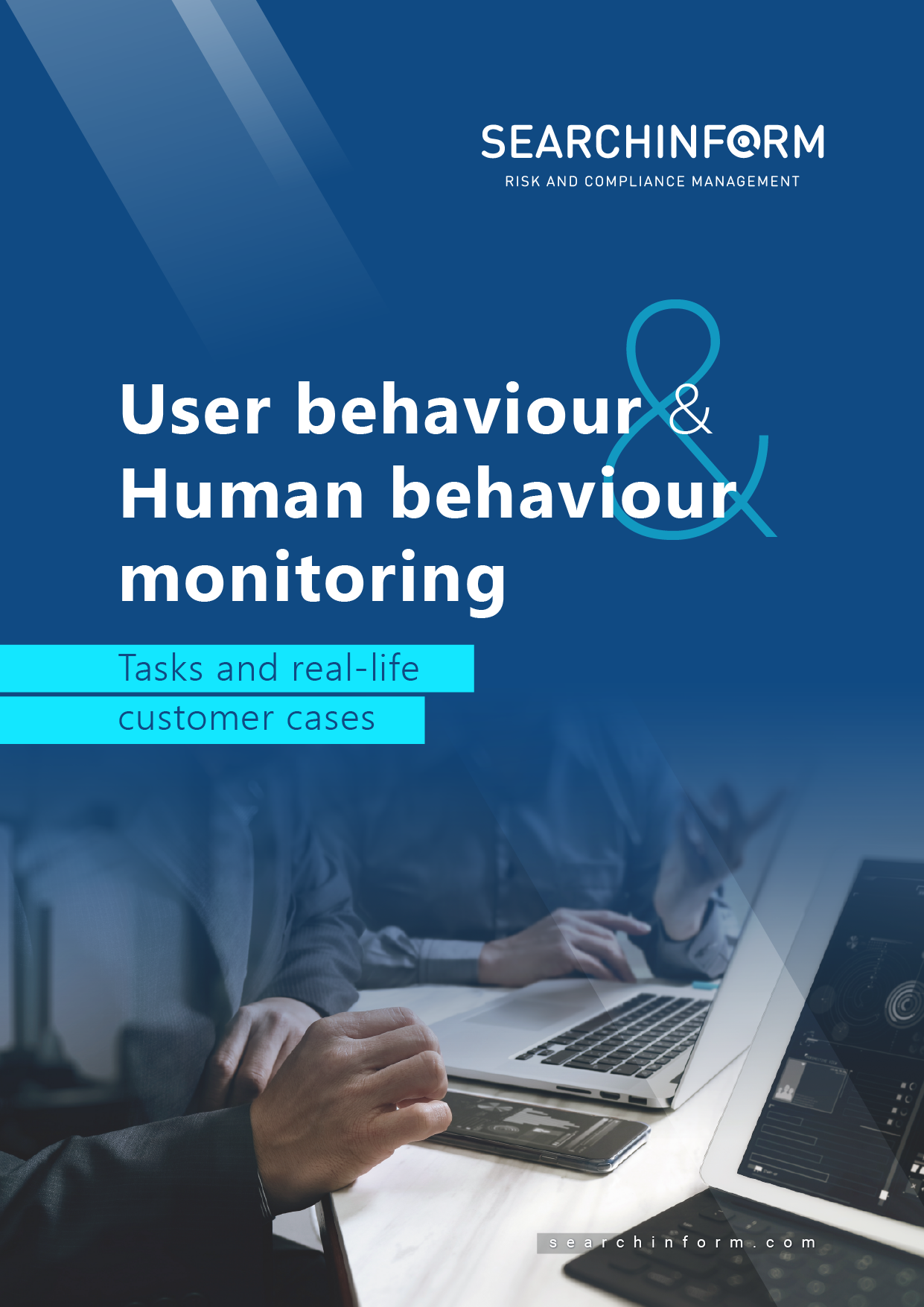GDPR vs. CCPA: Navigating Data Privacy
Introduction to GDPR and CCPA
The General Data Protection Regulation (GDPR) and the California Consumer Privacy Act (CCPA) are two significant data privacy laws that have reshaped the landscape of personal data protection. While GDPR is a comprehensive regulation enacted by the European Union (EU), CCPA is a state-level law in California, United States. Both regulations aim to empower individuals with greater control over their personal data and impose obligations on organizations regarding data handling practices.
However, there are notable differences between the two frameworks. GDPR applies to organizations processing personal data of individuals within the EU, focusing on principles such as lawful processing, data minimization, and accountability, with severe penalties for non-compliance. In contrast, CCPA targets businesses operating in California, providing consumers with rights like access, deletion, and opt-out of personal data sale, alongside obligations for transparency and non-discrimination. While GDPR emphasizes a rights-based approach to data protection, CCPA is more focused on consumer privacy rights and regulation of business practices within California.
Key Similarities Between GDPR and CCPA
Despite their geographic and jurisdictional differences, GDPR and CCPA share several fundamental similarities in their approach to data privacy regulation. Both laws prioritize the protection of individuals' personal information, aiming to give consumers more control over how their data is collected, used, and shared by organizations.
One key similarity between GDPR and CCPA is their emphasis on transparency and accountability. Both regulations require businesses to provide clear and accessible information to consumers about their data processing activities, including the purposes of data collection and the categories of personal information being processed. This transparency fosters trust between consumers and organizations, empowering individuals to make informed decisions about their data privacy.
GDPR and CCPA both advocate for the principle of data minimization, encouraging organizations to collect only the personal information necessary for the specified purposes. By limiting the amount of data collected and stored, businesses can reduce the risk of data breaches and unauthorized access, thereby enhancing overall data security and privacy protection.
Both regulations afford consumers certain rights regarding their personal data. GDPR grants individuals rights such as the right to access, rectify, and erase their personal information, while CCPA provides similar rights, including the right to know what personal information is being collected and the right to request deletion of that information. These rights empower individuals to exercise greater control over their personal data and hold organizations accountable for their data processing practices.
GDPR and CCPA both impose obligations on organizations to implement appropriate security measures to safeguard personal information from unauthorized access, disclosure, alteration, or destruction. By prioritizing data security, both regulations aim to mitigate the risks associated with data breaches and protect individuals' privacy rights.
While GDPR and CCPA may differ in certain aspects, they share key similarities in their objectives and principles, including transparency, data minimization, consumer rights, and data security. By aligning with these common principles, organizations can enhance compliance with both regulations and prioritize the protection of individuals' privacy rights across different jurisdictions.
Key Differences Between GDPR and CCPA
GDPR and CCPA, while sharing common goals of protecting consumer data privacy, exhibit distinct differences in their scope, applicability, and provisions.
One significant difference lies in their geographic scope. GDPR is a European Union regulation that applies to all organizations processing personal data of individuals within the EU, regardless of the organization's location. On the other hand, CCPA is a state-level law in California, United States, focusing specifically on businesses operating within California or collecting personal information from California residents.
Another notable distinction is the approach to consumer rights. GDPR emphasizes a broader set of rights, including the right to access, rectify, and erase personal data, as well as the right to data portability and restriction of processing. In contrast, CCPA provides consumers with rights such as the right to know what personal information is being collected, the right to opt-out of the sale of their personal information, and the right to request deletion of their personal information.
GDPR and CCPA differ in their requirements for businesses. GDPR imposes stricter obligations on organizations, such as the appointment of a Data Protection Officer (DPO), conducting data protection impact assessments (DPIAs), and mandatory data breach notification within 72 hours. CCPA, while less prescriptive, mandates businesses to provide clear and accessible privacy notices to consumers and implement reasonable security measures to protect personal information.
The penalties for non-compliance vary between GDPR and CCPA. GDPR violations can result in fines of up to €20 million or 4% of global annual turnover, whichever is higher, whereas CCPA penalties can amount to fines of up to $2,500 per violation or $7,500 per intentional violation, without statutory caps.
While both regulations promote transparency and accountability, CCPA places a stronger emphasis on consumer rights, particularly concerning the sale of personal information and the opt-out mechanism, reflecting California's consumer-centric approach to privacy regulation.
GDPR and CCPA exhibit distinct differences in their geographic scope, consumer rights provisions, business requirements, penalties, and overall regulatory approach, reflecting the unique legal landscapes and cultural perspectives of the European Union and California, United States.
GDPR vs. CCPA: Implications for Businesses
The differences between GDPR and CCPA have significant implications for businesses operating in regions subject to these regulations. Understanding these implications is crucial for compliance and maintaining consumer trust.
Firstly, businesses must carefully assess their data processing activities and determine whether they fall under the scope of GDPR, CCPA, or both. This involves analyzing factors such as the location of consumers whose data they collect, the nature of the data collected, and the volume of data processing activities.
Secondly, businesses need to implement robust data protection measures that align with the requirements of both regulations. This includes implementing technical and organizational security measures to safeguard personal data from unauthorized access, disclosure, alteration, or destruction. Additionally, businesses must ensure transparency and accountability in their data processing practices, providing clear privacy notices to consumers and maintaining records of data processing activities as required by GDPR.

Thirdly, businesses must be prepared to fulfill consumers' rights under GDPR and CCPA. This may involve establishing procedures for responding to data subject access requests, requests for data deletion, and opt-out requests for the sale of personal information, depending on the applicable regulations.
Businesses should consider the potential impact of GDPR and CCPA on their marketing and advertising practices. Both regulations impose restrictions on the use of personal data for marketing purposes and require explicit consent from consumers for certain types of data processing activities. As a result, businesses may need to adjust their marketing strategies and obtain valid consent from individuals before using their personal data for marketing purposes.
Compliance with GDPR and CCPA can have broader implications for business operations, including reputation management and risk mitigation. Non-compliance with these regulations can result in significant financial penalties, as well as damage to brand reputation and loss of consumer trust. Therefore, businesses must prioritize compliance efforts and allocate resources to ensure ongoing adherence to GDPR and CCPA requirements.
Businesses subject to GDPR and CCPA must proactively address the implications of these regulations by implementing robust data protection measures, fulfilling consumers' rights, adjusting marketing practices, and prioritizing compliance efforts to mitigate risks and maintain trust with consumers.
GDPR vs. CCPA: Implications for Consumers
The implications of GDPR and CCPA for consumers are significant, as these regulations aim to empower individuals with greater control over their personal data and enhance their privacy rights.
Firstly, GDPR and CCPA grant consumers various rights regarding their personal information, such as the right to access, rectify, and delete their data. This gives individuals more agency over their personal information, allowing them to review and correct inaccuracies in their data and request its removal from databases held by businesses.
Moreover, these regulations promote transparency and accountability in data processing practices, requiring businesses to provide clear and concise privacy notices to consumers about how their data is collected, used, and shared. This transparency enables consumers to make informed decisions about the companies they choose to engage with and the data they consent to share.
Additionally, GDPR and CCPA offer consumers the right to opt-out of the sale of their personal information to third parties. This gives individuals greater control over the commercial use of their data, allowing them to prevent businesses from profiting off their personal information without their consent.
GDPR and CCPA mandate businesses to implement reasonable security measures to protect consumers' personal data from unauthorized access, disclosure, or misuse. This helps mitigate the risk of data breaches and identity theft, enhancing overall data security for consumers.
The penalties for non-compliance with GDPR and CCPA can serve as a deterrent for businesses to prioritize data privacy and security. Knowing that businesses face significant fines for violating these regulations incentivizes them to take data protection seriously and invest in robust security measures to safeguard consumers' personal information.
GDPR and CCPA have profound implications for consumers, empowering them with greater control over their personal data, promoting transparency and accountability in data processing practices, and enhancing data security measures to protect against potential breaches. These regulations represent significant steps towards strengthening consumer privacy rights and ensuring that individuals' personal information is treated with the respect and protection it deserves.
Leveraging SearchInform Solutions for GDPR and CCPA Compliance
The benefits of integrating SearchInform solutions into a company's infrastructure for achieving compliance with the General Data Protection Regulation (GDPR) and the California Consumer Privacy Act (CCPA) are manifold, including:
Enhanced Data Protection: SearchInform solutions offer advanced data protection capabilities, including data loss prevention (DLP), encryption, and access controls, helping businesses comply with GDPR and CCPA requirements for safeguarding personal information.
Improved Regulatory Compliance: By leveraging SearchInform solutions, businesses can automate compliance processes, monitor data processing activities, and generate audit reports, ensuring adherence to GDPR and CCPA regulations and avoiding costly penalties for non-compliance.
Risk Reduction: SearchInform solutions help businesses identify and mitigate data security risks, such as insider threats, unauthorized access, and data breaches, thereby reducing the likelihood of regulatory violations and reputational damage.
Efficient Data Management: With SearchInform's data discovery and classification capabilities, businesses can accurately identify and categorize personal data, facilitating compliance with GDPR and CCPA requirements for data minimization, purpose limitation, and storage limitation.
Consumer Trust and Loyalty: Demonstrating compliance with GDPR and CCPA regulations through the implementation of SearchInform solutions can enhance consumer trust and loyalty, as customers are more likely to engage with businesses that prioritize data privacy and security.
Streamlined Incident Response: SearchInform solutions enable businesses to detect and respond to data breaches and security incidents in a timely manner, helping mitigate the impact on affected individuals and fulfill GDPR and CCPA requirements for incident notification and response.
Competitive Advantage: By proactively addressing data privacy and security concerns and demonstrating compliance with GDPR and CCPA regulations, businesses can gain a competitive advantage in the marketplace, attracting customers who value privacy-conscious organizations.
Cost Savings: Investing in SearchInform solutions for GDPR and CCPA compliance can result in long-term cost savings by reducing the likelihood of regulatory fines, legal fees, and reputational damage associated with non-compliance.
Take proactive steps towards GDPR and CCPA compliance today with SearchInform solutions. Safeguard your data, enhance consumer trust, and streamline regulatory compliance processes. Get started now to unlock the numerous benefits and gain a competitive edge in today's data-driven landscape.
Extend the range of addressed challenges with minimum effort
Company news
SearchInform uses four types of cookies as described below. You can decide which categories of cookies you wish to accept to improve your experience on our website. To learn more about the cookies we use on our site, please read our Cookie Policy.
Necessary Cookies
Always active. These cookies are essential to our website working effectively.
Cookies does not collect personal information. You can disable the cookie files
record
on the Internet Settings tab in your browser.
Functional Cookies
These cookies allow SearchInform to provide enhanced functionality and personalization, such as remembering the language you choose to interact with the website.
Performance Cookies
These cookies enable SearchInform to understand what information is the most valuable to you, so we can improve our services and website.
Third-party Cookies
These cookies are created by other resources to allow our website to embed content from other websites, for example, images, ads, and text.
Please enable Functional Cookies
You have disabled the Functional Cookies.
To complete the form and get in touch with us, you need to enable Functional Cookies.
Otherwise the form cannot be sent to us.

Subscribe to our newsletter and receive a bright and useful tutorial Explaining Information Security in 4 steps!

Subscribe to our newsletter and receive case studies in comics!







